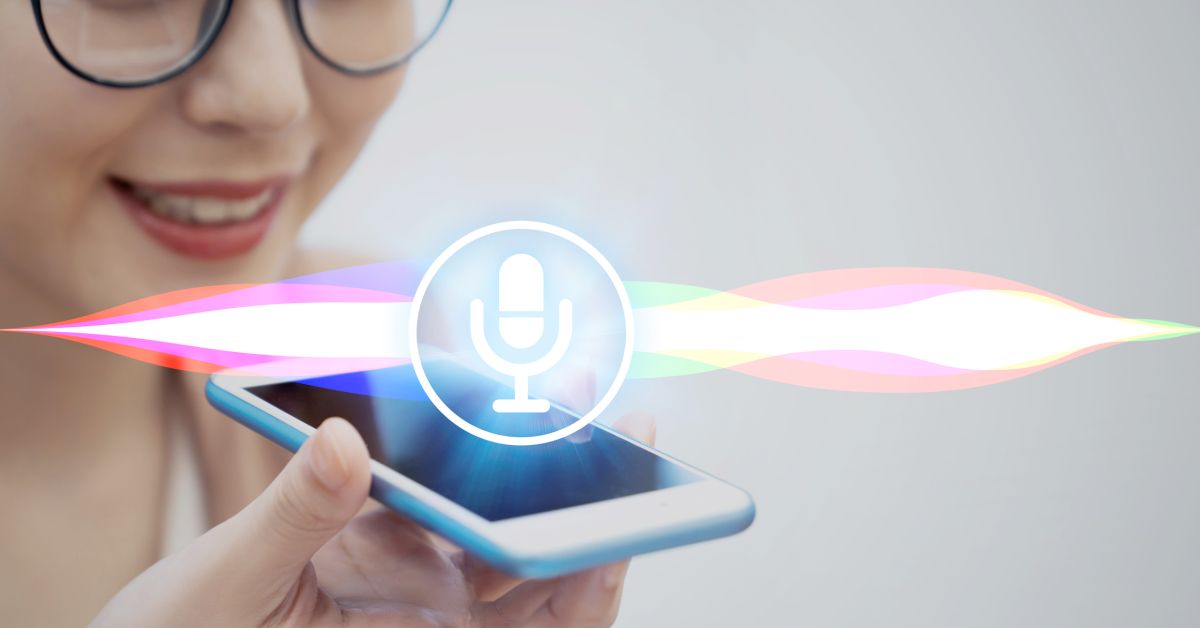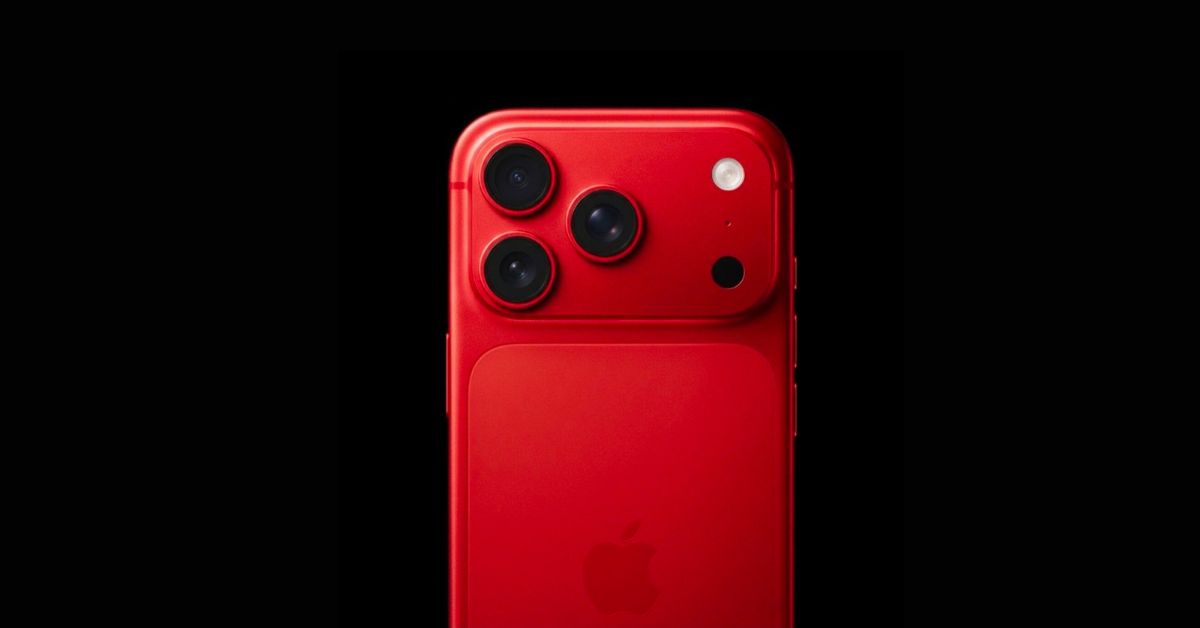France Launches Criminal Probe Into Apple Over Siri Recordings
Find out what’s at stake as France investigates Apple’s Siri privacy practices, following whistleblower revelations and past U.S. settlements.

- French probe targets Siri over alleged secret recordings: French prosecutors are investigating claims that Apple’s Siri recorded private conversations without clear user consent, violating national privacy laws.
- Whistleblower triggers investigation: A former Apple contractor revealed that Siri audio snippets, including medical and personal details, were reviewed by subcontractors without user awareness.
- Privacy groups accuse Apple of GDPR breaches: France’s Ligue des droits de l’Homme alleges Apple’s handling of Siri data broke GDPR and French data protection standards.
- Apple maintains Siri is privacy-focused: Apple says Siri recordings are anonymized, opt-in, and mostly processed on-device, denying any unlawful behavior in its data collection.
- Global privacy pressure builds: After a $95 million settlement in the U.S., France’s criminal case may set stricter privacy precedents for all voice assistant technologies.
France is set to legally challenge Apple concerning the privacy of Siri’s voice data handling. Prosecutors have begun investigating whether Apple unlawfully stored and assessed users’ private conversations through Siri, oftentimes without users’ awareness, according to Bloomberg. This action marks a significant step in Europe’s ongoing efforts to hold American tech giants accountable for their data practices.
A Whistleblower Sparks the French Inquiry
The investigation took off after a complaint from the French human rights group, Ligue des droits de l’Homme (LDH), supported by whistleblower Thomas Le Bonniec. Formerly an Apple contractor in Ireland, Le Bonniec claims he and his colleagues were paid to listen to numerous recordings captured by Siri, many of which were triggered accidentally. He reported that some recordings included highly confidential conversations, such as patients discussing medical issues.
Le Bonniec says that in 2019, he worked through Globe Technical Services to categorize and transcribe recordings to enhance Siri’s language processing. Many of these clips, he notes, were private instances mistakenly recorded by Siri. His allegations were initially covered by Radio France and now underpin the current French legal complaint.
France Alleges Apple’s Privacy Breach
The LDH is charging Apple with breaking privacy laws through unauthorized collection and analysis of these recordings. Nathalie Tehio, the group’s president, argues that Apple’s actions extend well past accidental data capture, branding it as “recording, listening, and transmitting” user dialogue. The group seeks criminal charges, asserting that Apple’s activities violate GDPR rules on privacy and data protection.
The complaint is backed by France’s Sapin 2 law, safeguarding whistleblowers like Le Bonniec and affirming his contribution to unveiling this alleged breach.
Apple’s Defense: Siri Recordings Are Voluntary
Apple contends its practices are fully compliant with the law. The tech company insists that Siri recordings take place only when users specifically opt in to help Siri improve, stating that these recordings are anonymized and not exploited for advertising purposes. In a privacy update from January 2025, Apple emphasized that these interactions aren’t linked to Apple IDs, with major data handling occurring on-device to bolster privacy.
Apple underscores its efforts to enhance Siri’s privacy features in 2019 and again in 2025, reducing audio retention and ending external grading. However, the French complaint focuses on procedures prior to these changes.
Following Apple’s $95 Million Settlement in the U.S.
The French investigation follows closely on the heels of Apple’s $95 million settlement in the United States over similar Siri privacy allegations. The U.S. lawsuit alleged that Siri recorded private interactions between 2014 and 2024 and provided those recordings to contractors without users’ consent. While the U.S. case was resolved with financial restitution, France’s probe is of a criminal nature, suggesting potential for more severe consequences if Apple is found liable.
Experts in privacy law are viewing this case as part of France’s larger initiative to regulate Big Tech, alongside its digital services tax and antitrust inquiries. The Siri controversy might set new precedents for how voice assistants should handle personal data.
A Broader Call on Voice Assistant Privacy
This French probe isn’t merely a local affair; it’s a wake-up call for all enterprises developing AI-driven voice assistants. Platforms like Siri, Alexa, and Google Assistant depend on voice inputs to enhance functionality, but users expect confidentiality with their data.
While Apple’s privacy efforts post-2019 reflect some advancements, past actions are surfacing as areas of concern. Should the company be convicted, it could face substantial fines and be mandated to modify Siri’s operational framework in Europe. Broadly, this could influence worldwide privacy norms concerning voice technology.
For users, the clear message is to review their voice assistant settings, erase historical recordings, and recognize that what Siri overhears might not remain private.
Would this affect your daily use of Siri? Share your thoughts below.
Written by
Ravi Teja KNTSI’ve been writing about tech for over 5 years, with 1000+ articles published so far. From iPhones and MacBooks to Android phones and AI tools, I’ve always enjoyed turning complicated features into simple, jargon-free guides. Recently, I switched sides and joined the Apple camp. Whether you want to try out new features, catch up on the latest news, or tweak your Apple devices, I’m here to help you get the most out of your tech.
View all posts →More from News

WhatsApp Begins Global Rollout of Promoted Channels and Status Ads
WhatsApp is rolling out Status ads and Promoted Channels globally, adding ads to the Updates tab while keeping private chats encrypted and unchanged.

IDC: iPhone Could Gain Share in 2026 as Memory Shortage Hits Android
IDC forecasts a 12.9% smartphone market decline in 2026 due to a memory chip shortage, with budget Android devices hit harder than iPhones.

Apple Maps Adds Detailed 3D Formula 1 Track Guides Ahead of 2026 Season
Apple has updated Apple Maps with detailed 3D renderings of Formula 1 circuits ahead of the 2026 season, beginning with the Australian Grand Prix at Albert Park and expanding to tracks across the full 24-race calendar.